|
On our 7th day on the Shongololo Express the train started to pull away from our overnight stop at 7:00am as we continued our journey north through South Africa on our way to Zimbabwe. This would be our most leisurely day on the trip as we would be travelling through Limpopo province to the Zimbabwe border where we would clear customs. Because this was a non-safari day, we lingered in our cabin until just after 8:00am and then made our way to the dining car where we were served a full breakfast. After our relaxing breakfast, we walked to the back of the train to our usual spot in the observation car to take in the beautiful scenery and our final glimpses of South Africa. Limpopo province is in the north of South Africa and shares borders with three other countries: Zimbabwe to the north, Mozambique to the east and Botswana to the west. As such the province is known as the gateway to other African countries. The Limpopo landscape is vast and various changing from tropical forests, bush and shrubs to semi-desert areas with small trees, bushes and mountains to large areas of flat lands. During our full day of travel we would see life along the tracks - we had an intimate look into the homes of the area, small sparse towns and people travelling on foot everywhere. This was a vantage point not afforded by the usual road travel and gave us an appreciation for the reality of the African's rural life. Since we would be travelling for most of the day, with no outings or excursions, a lecture had been planned by our South African guide PJ. He shared with us his perspective on the unique cultural and socio-economic conditions of Southern Africa. While he spent nearly two hours passionately detailing life and times in Africa, I will cover only the highlights here. According to PJ, China is becoming the new colonial master of the continent. China extended a $64 billion dollar investment in South Africa in August of 2018. Almost all of the new structures being built in Mozambique are financed by China. As a result of previous government corruption and dealings with colonial overlords, Africa is hundreds of billions of dollars in debt and has sold off a good deal of its natural resources with very little in return to the peoples of Africa. China has taken a different approach by forming partnerships with African governments it invests money with and insisting that 15% be used for social development as a condition of the investment. As a result, Africa is benefitting with improved infrastructure such as running water, proper sewage and sanitation and reliable electricity. Despite the benefits, Africa may be losing control of much of its remaining resources to China. By the time the lecture was over it was nearly 1:00pm and the train had stopped at the border town of Beitbridge, Zimbabwe where we needed to clear customs before proceeding. Lunch was just about to be served, so we went back to the dining car and enjoyed duck salad, cucumber rolls with cream cheese and raspberries with chocolate ice cream for dessert. After lunch we disembarked from the train and walked along the platform at the station where we could see baboons jumping around on the tracks. The station building is an old, long and narrow structure that has multiple sections. One particular oddity is the segregation of waiting areas and washrooms. Whereas most public transportation areas usually have separate waiting areas for business and regular class, Beitbridge has 4 separate classes of waiting areas and washrooms ranging from 1st class to 4th class. 1st and 2nd class are close to the centre of the building were roomier and much cleaner than the 3rd and 4th class areas which were near the far end of the station. Just past the 1st class waiting area was a small room with several chairs and a low table. There were 5 customs officers seated at the chairs going over all of the passports and visas from the nearly 70 passengers on the train. The task was painstakingly slow and the clearance process took several hours. While we were waiting at the station we took the opportunity to visit parts of the train that we had not seen before. Up until now, because of our daily excursions off the train we had spent most of the time in the observation car, lounge, dining car and our cabin. While the original steam locomotives have been replaced by diesel or electric engines for reliability, the coaches are original early 20th century cars that have been meticulously restored. Shongololo captures the romance of a bygone era in the detail and elegance of its wood-paneled coaches which offer a simultaneous experience of luxury and efficiency. Public areas included two lounge cars, two dining cars and the observation deck. While the cabins are small, they offer everything you need including private bathrooms with showers, full size beds with luxurious linens and pillows and surprisingly ample storage. During our stop at Beitbridge we had the chance to visit some of the other cars on the train that were not accessible while we were travelling. We visited the laundry car and were amazed that this tiny space was able to service the needs of nearly 100 passengers and crew. Equally incredible was the galley at the front of the train. This tiny but efficient space was used to provide meals for the entire train in a very strict timeframe. After surveying these working areas, we had a renewed respect and appreciation for our train crew who provided the same level of service that we would expect at a 5 star resort, but under far more restrictive conditions. At 4:00pm, tea was served in the lounge and we found ourselves in the observation car for our now routine afternoon gin and tonic. At 4:30pm, all of the clearance processes were completed and the train once again resumed our trek northward. We settled in for dinner at 7:30pm, where we enjoyed a hearty beef and vegetable stew.
As we were entering Zimbabwe where wifi service was not available on our data plan, we purchased a local SIM card for $1.00 US. We were able to add data to the card for $2.00 US per 24 hour period which included 2 Gigabytes of data. This allowed us to keep in touch with family back home at a reasonable price and keep us connected for the last leg of the trip since our phone plan did not offer service in Zimbabwe. We had a quiet evening and looked forward to our stop planned for the next day. If you are considering visiting Zimbabwe, please contact us for expert advice and assistance. Continue to Day 13 - click here
0 Comments
Your comment will be posted after it is approved.
Leave a Reply. |
Sharing Our Travel DreamsSharing our personal experiences onboard and on the road, along with tips and insight for creating memorable vacations. Archives
March 2021
Categories
All
|
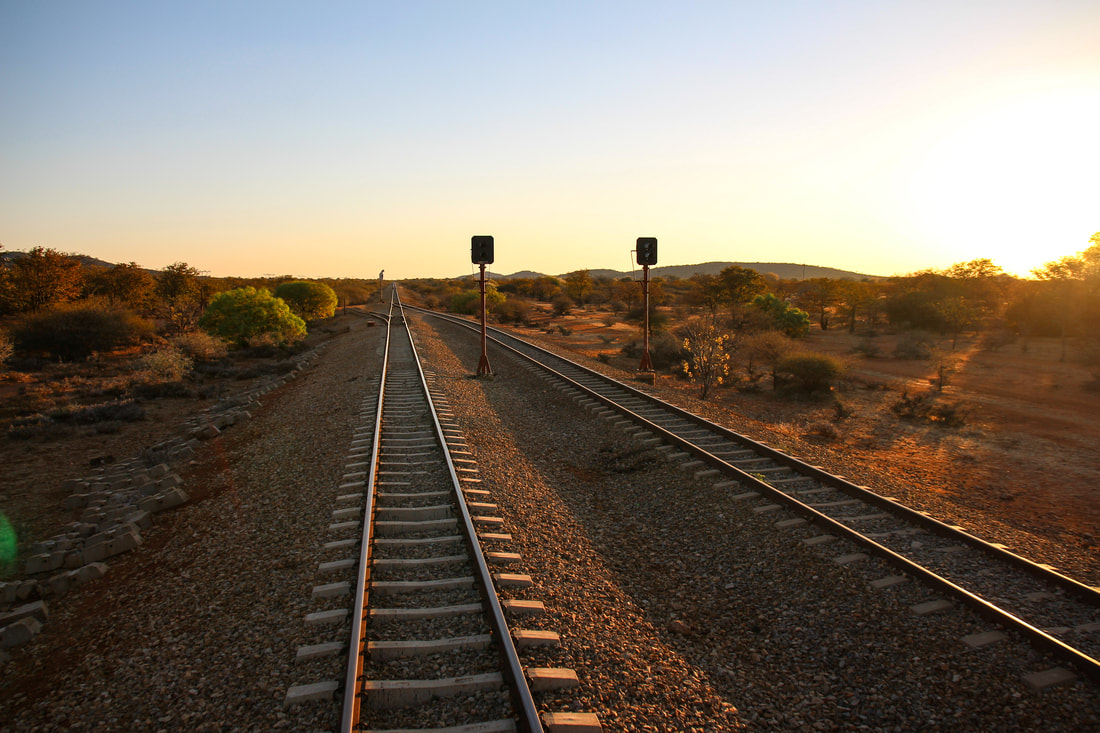
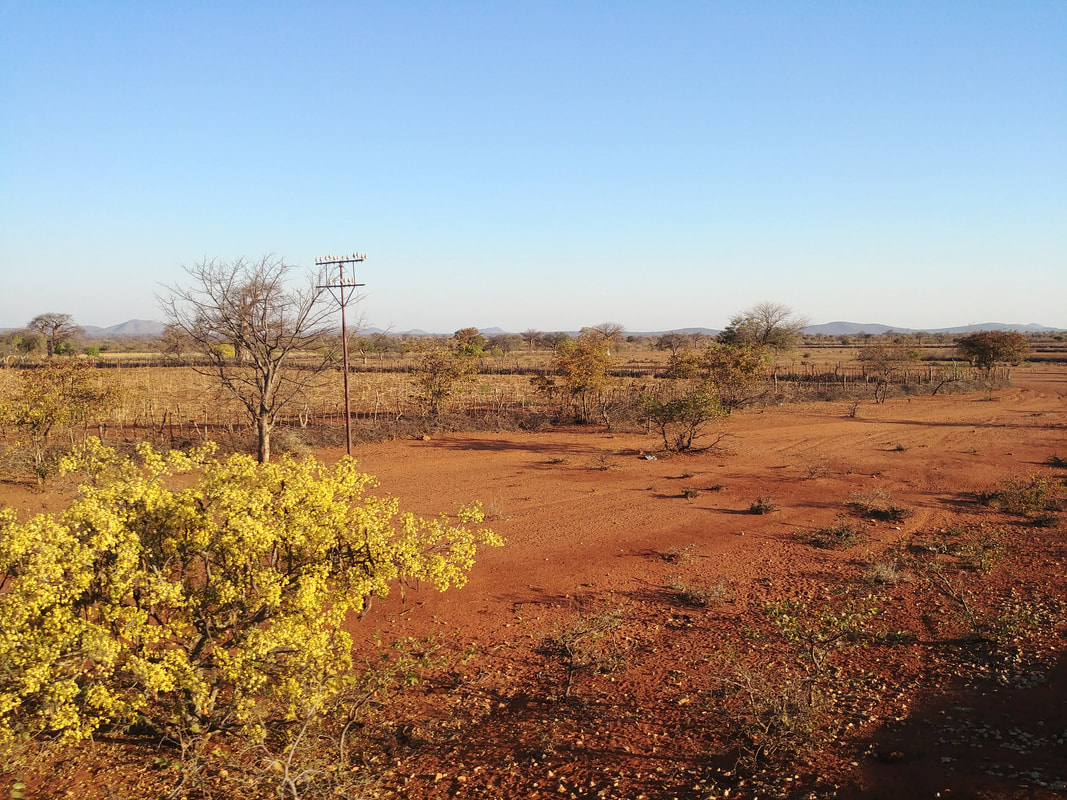
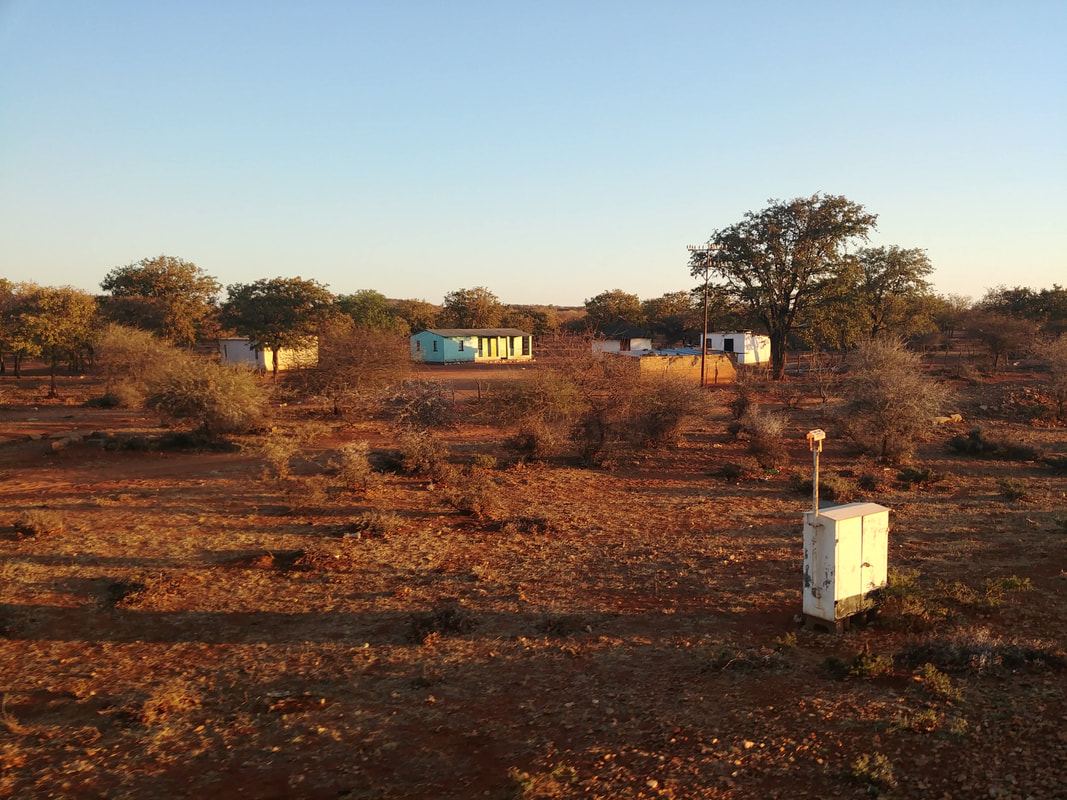
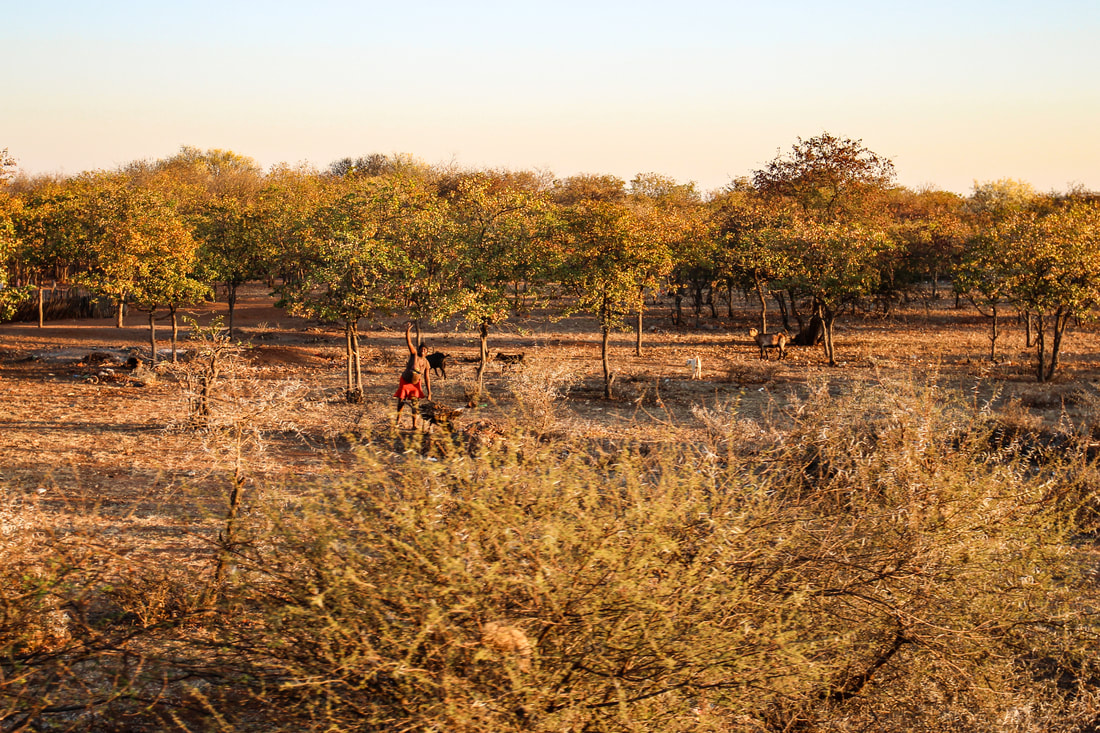
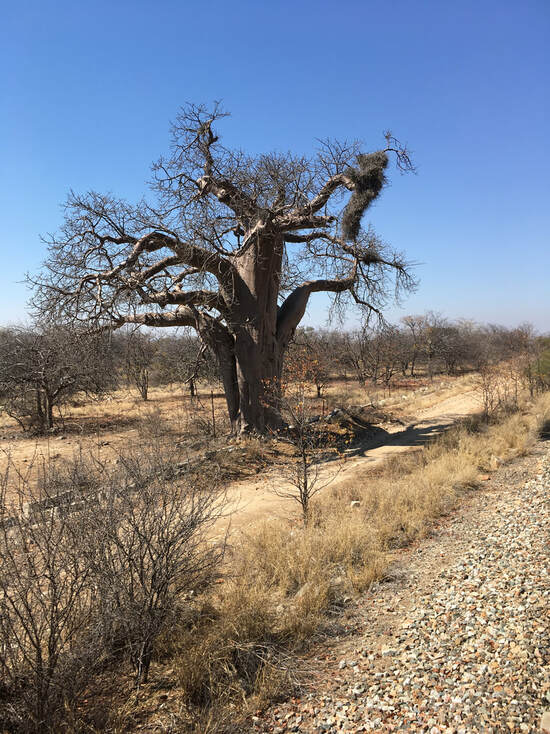
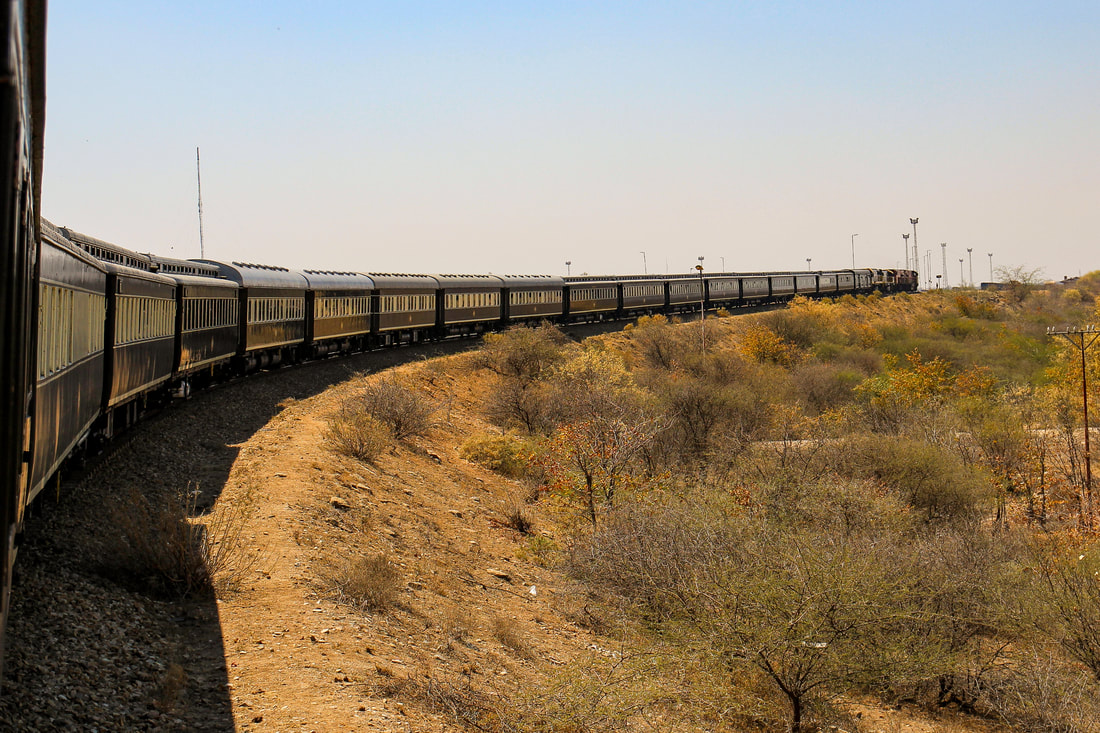
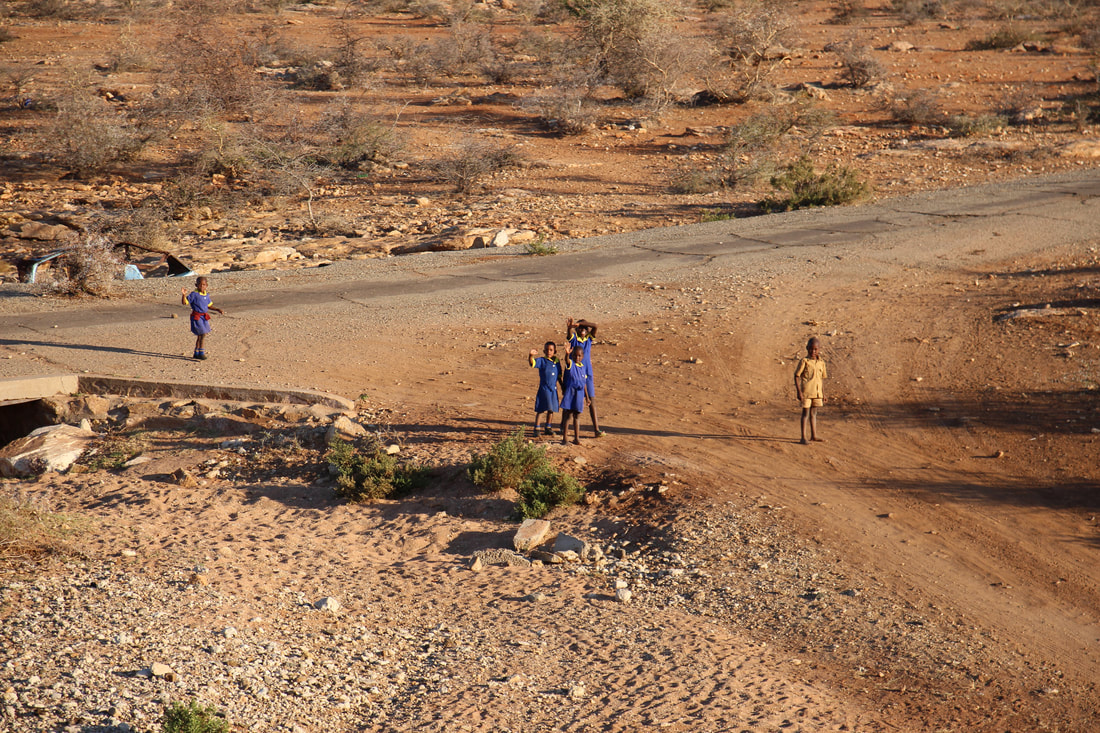
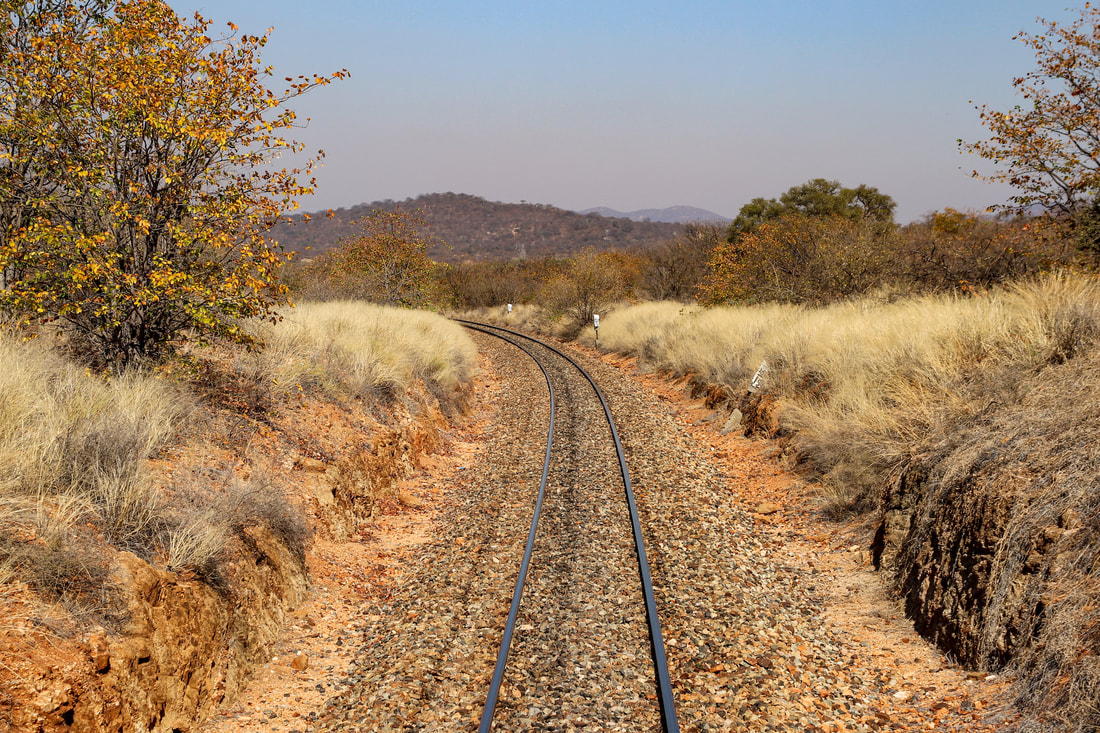
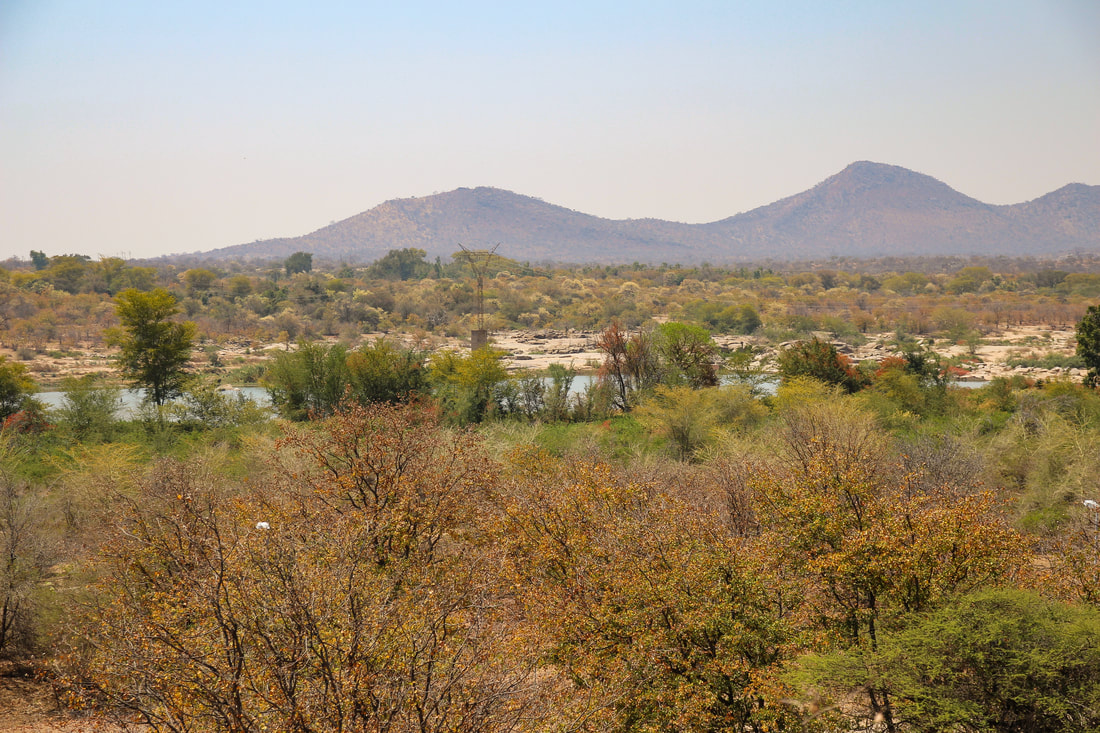
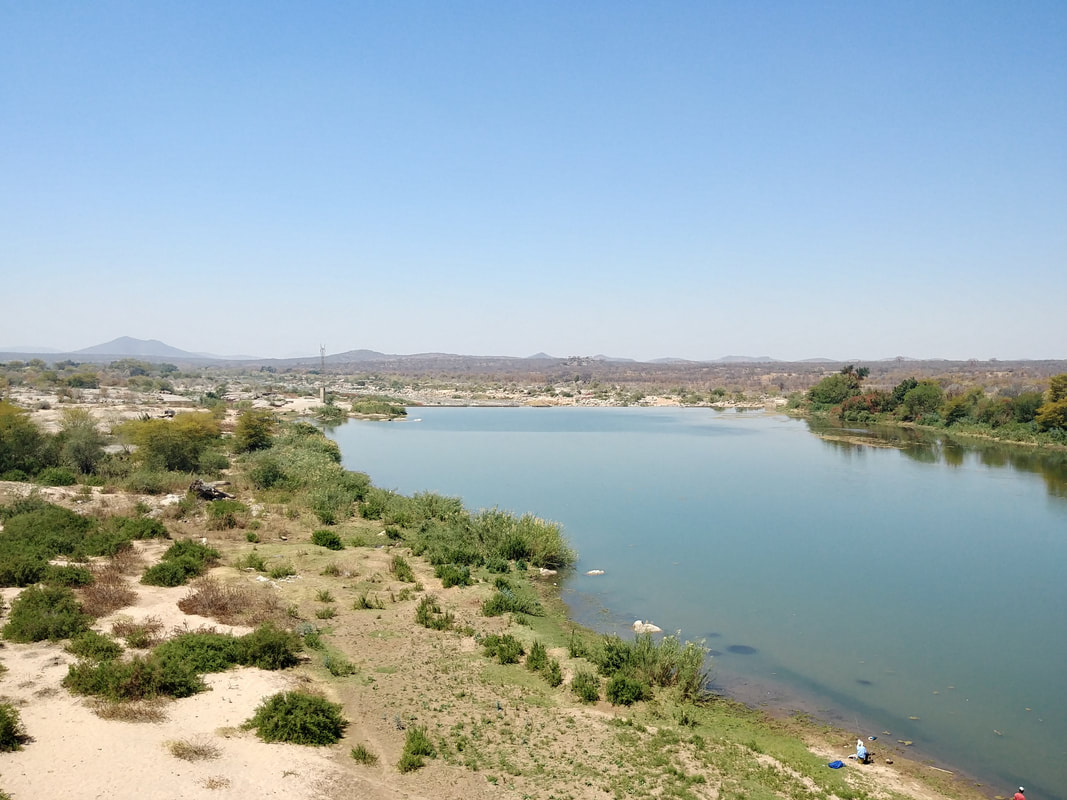
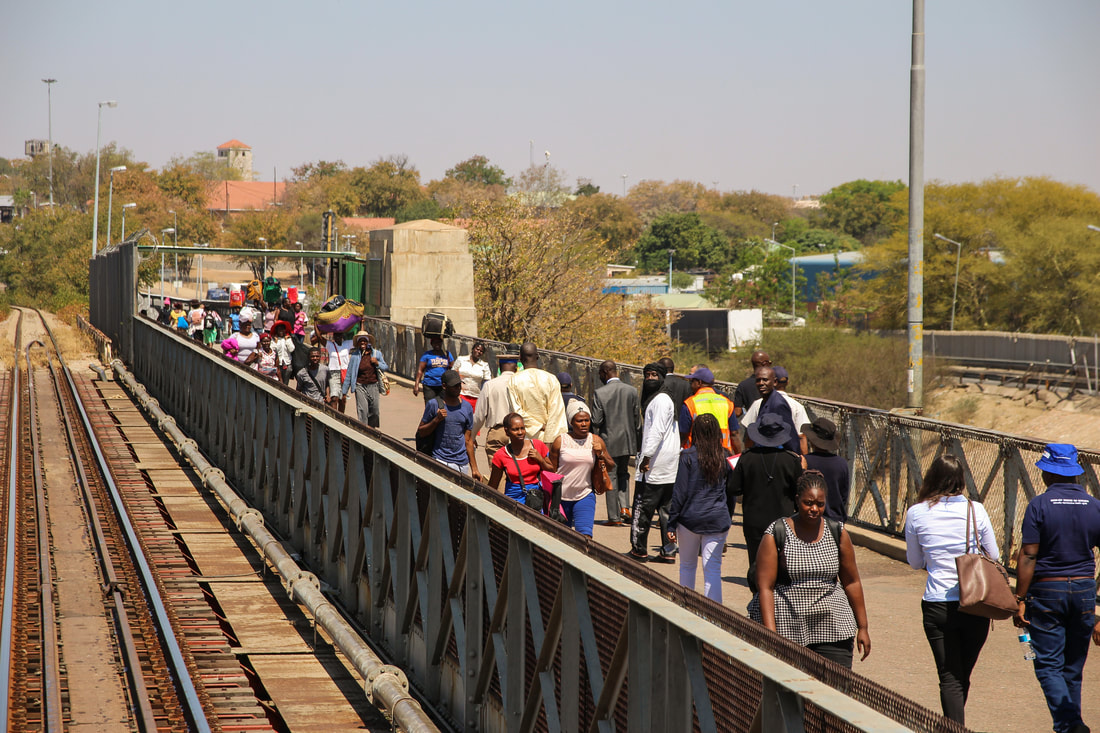
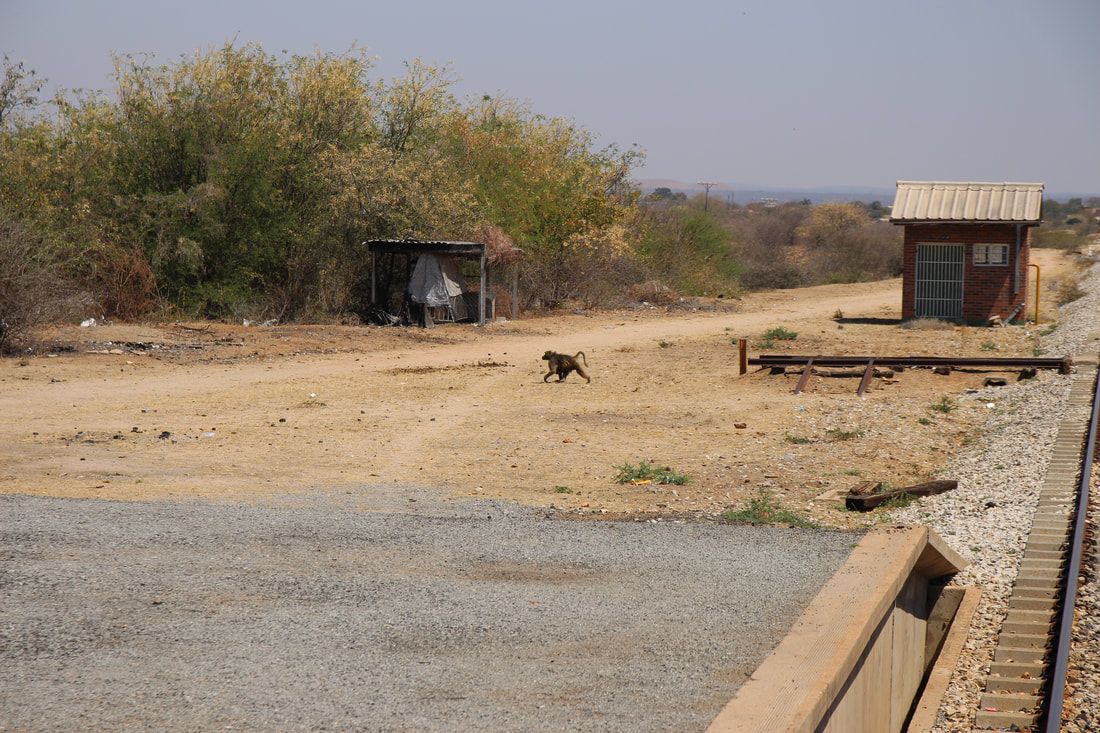
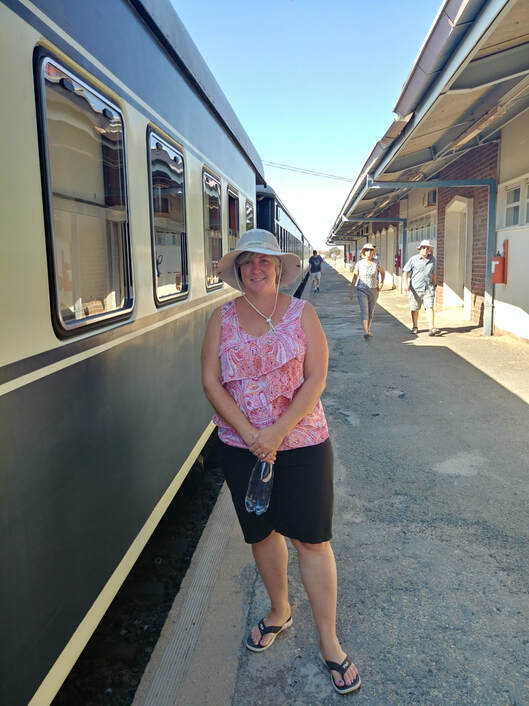
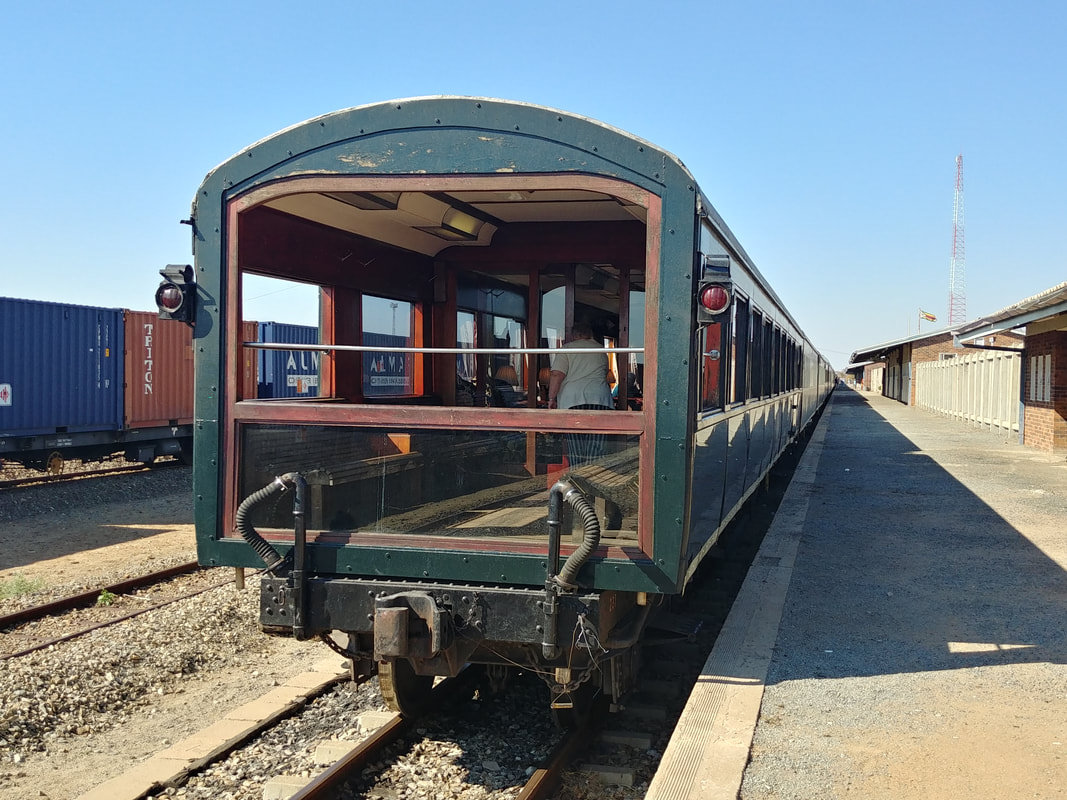
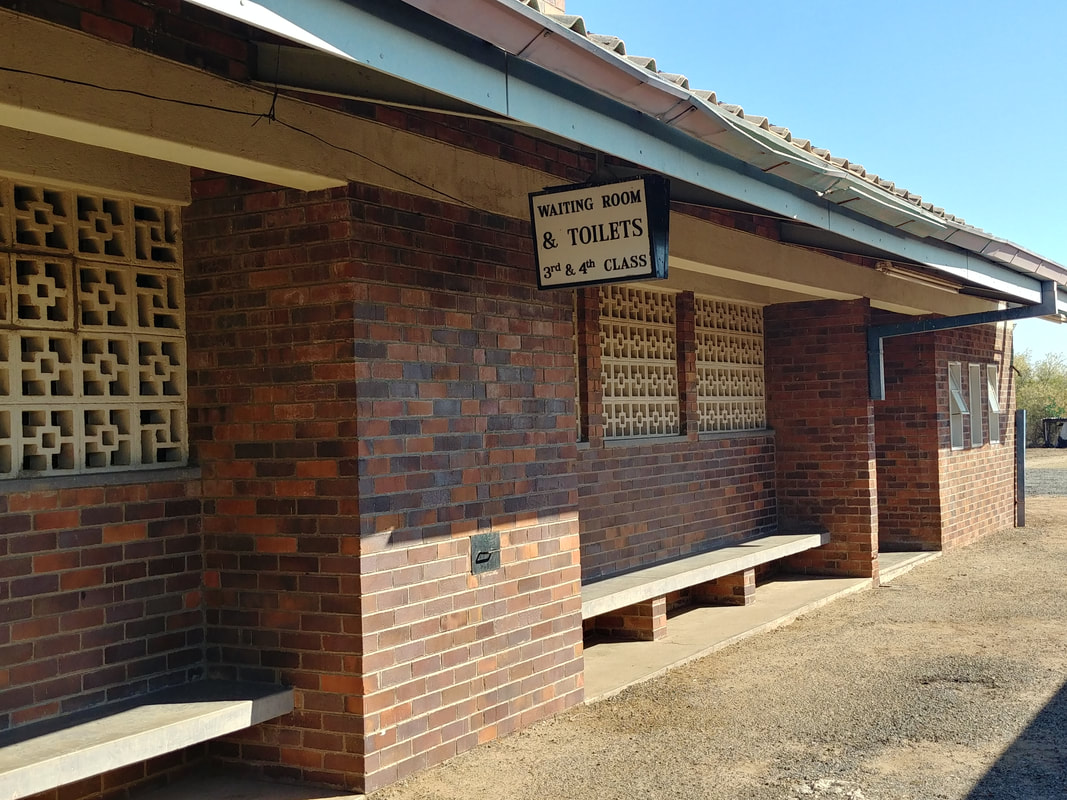
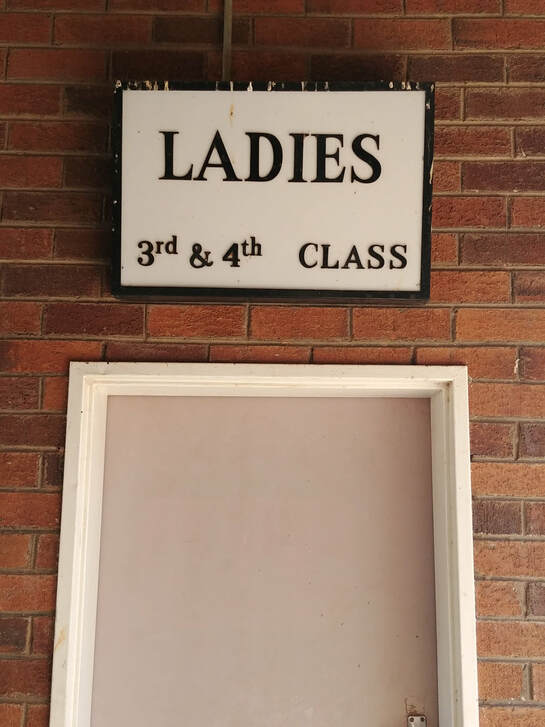
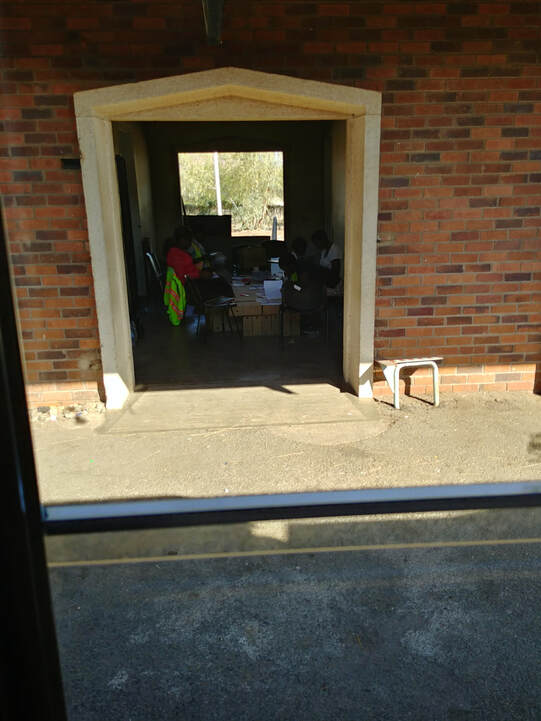
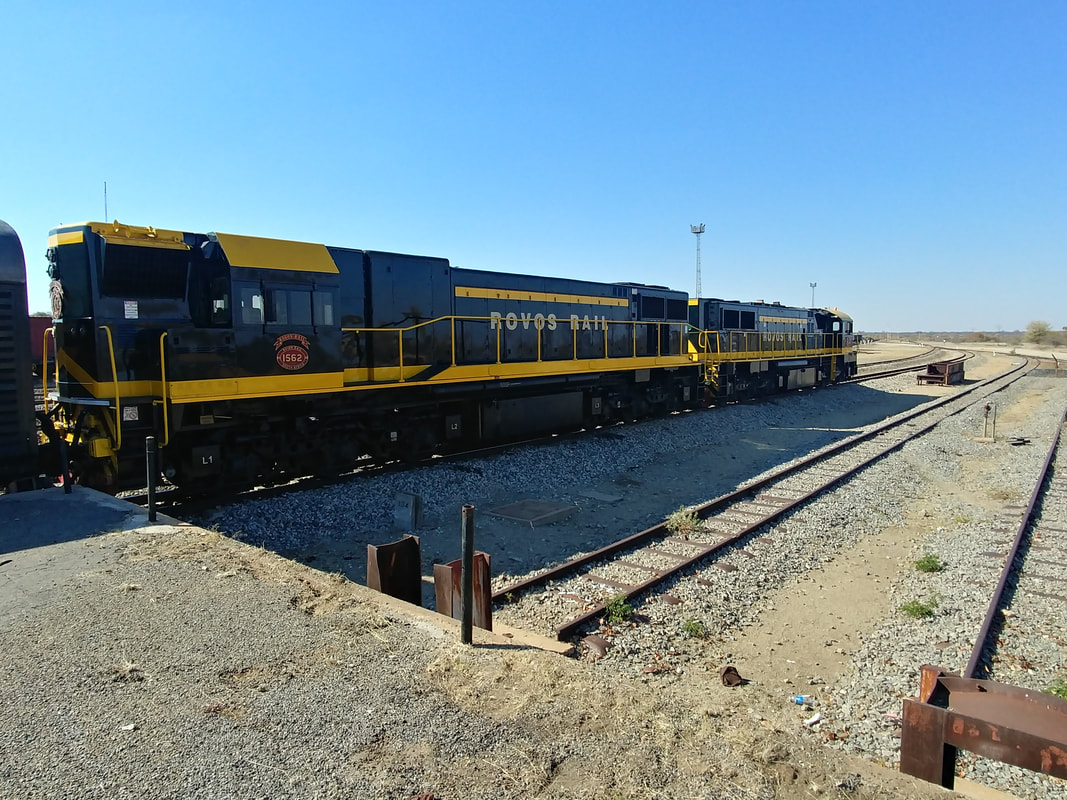
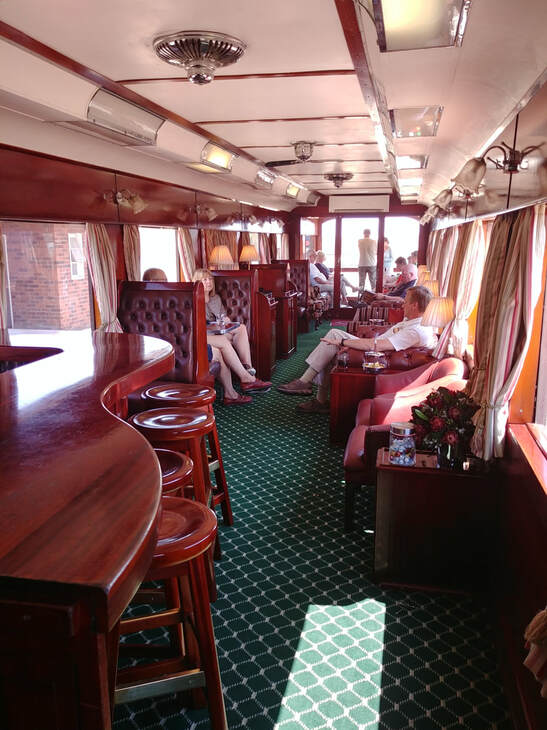
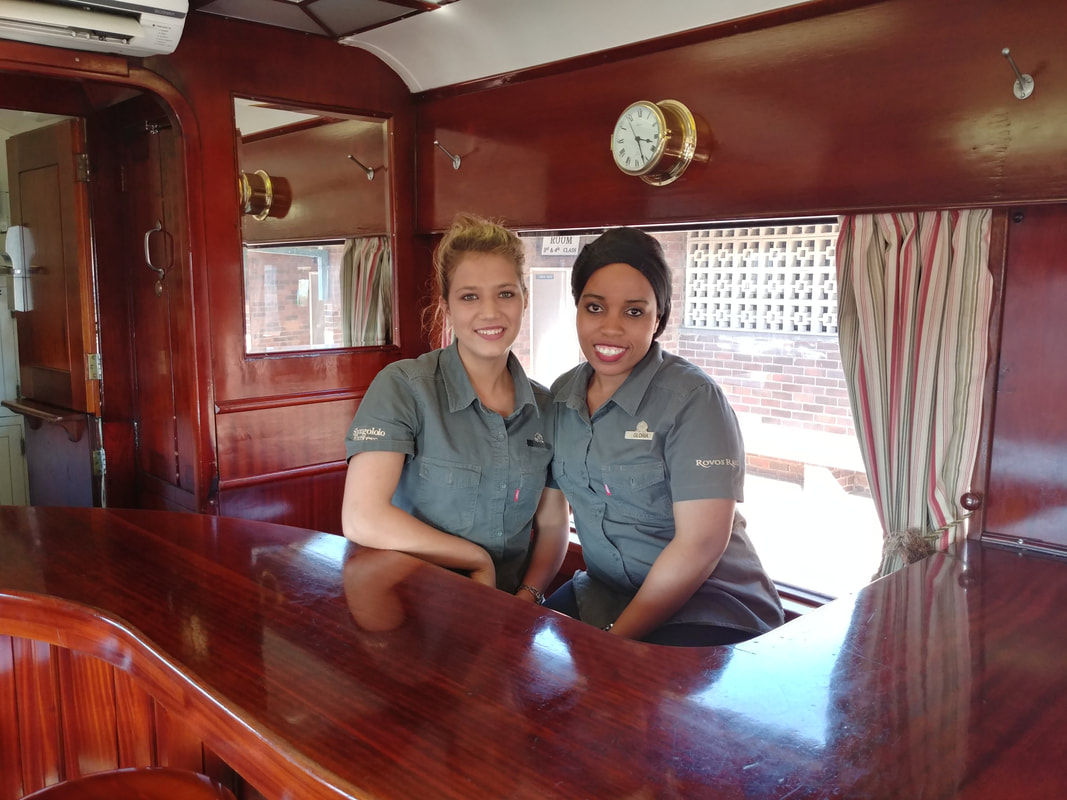
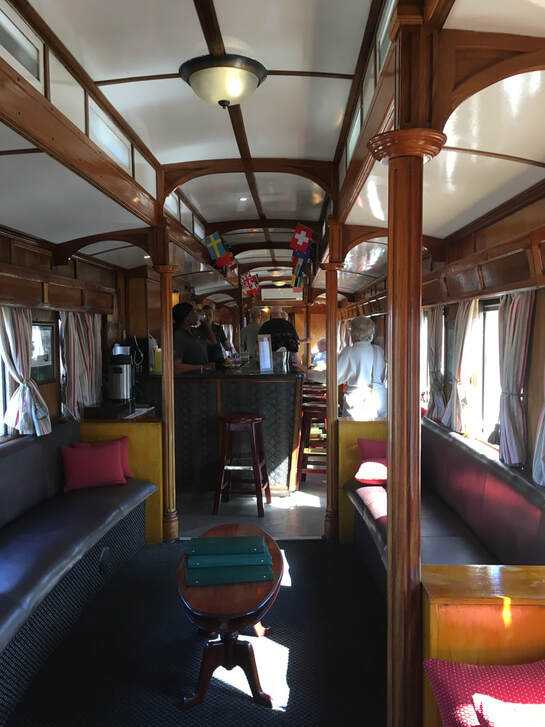
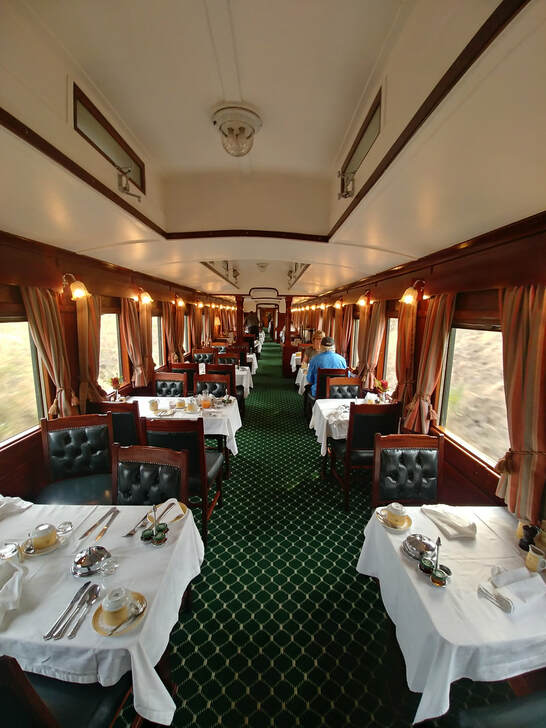
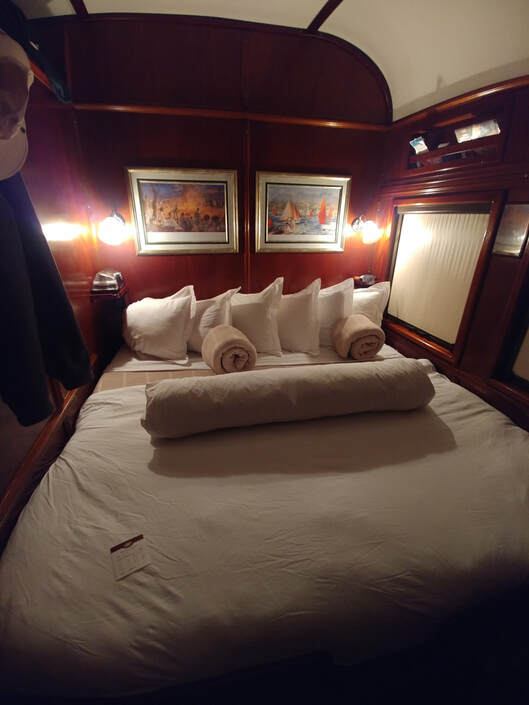
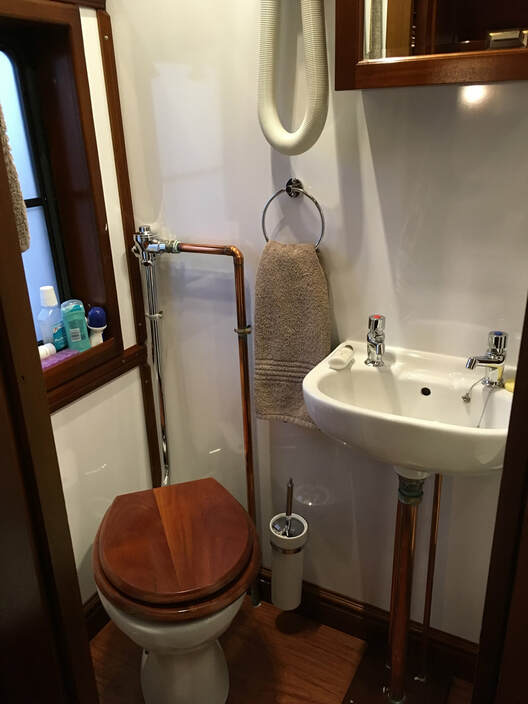
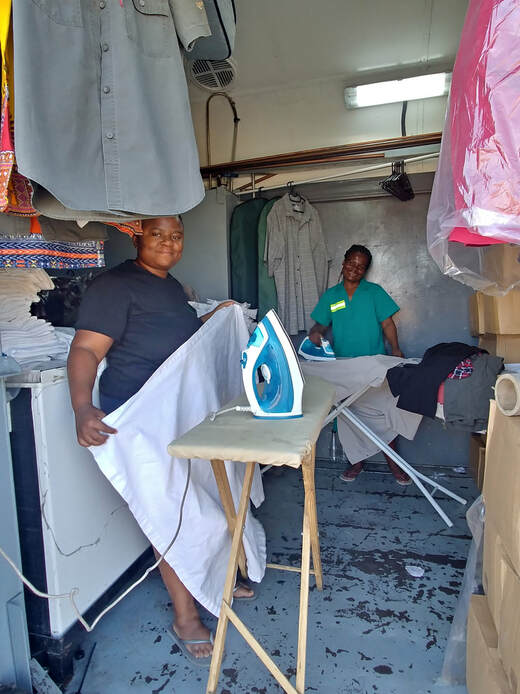
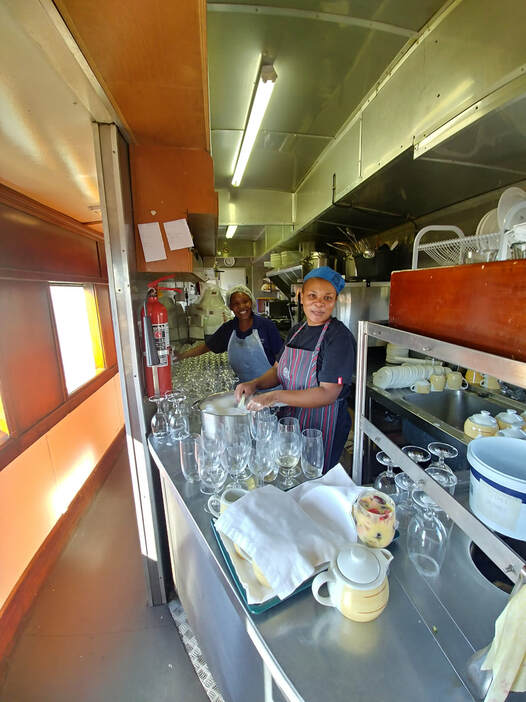
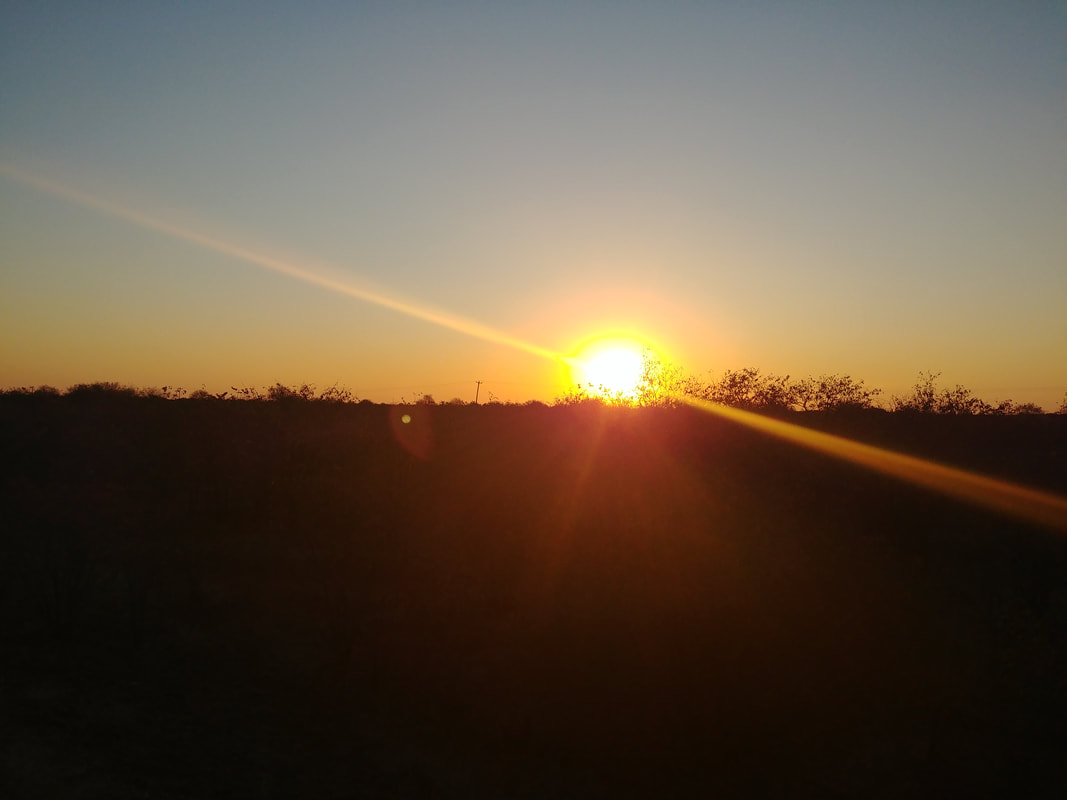
 RSS Feed
RSS Feed